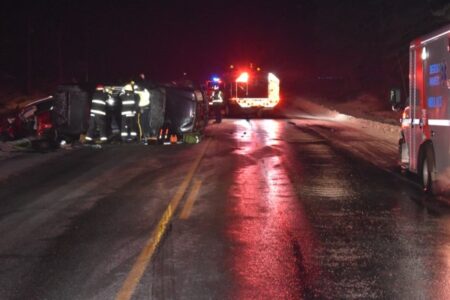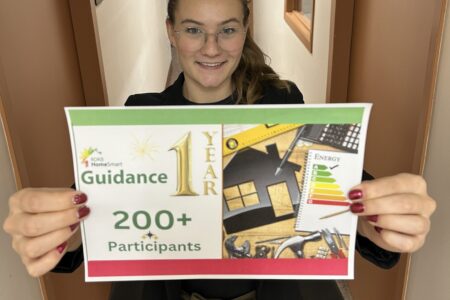The provincial government needs an education about education
I cannot decide if I should laugh or cry in response to the Provincial government’s exasperating effort to come up with lock-out terms for teachers. The government’s objective is to entice teachers to accept its conditions for a new contract. How can restricting the teachers’ hours at work, reducing their income by an arbitrary percentage, and demanding that they nonetheless continue to perform services essential to education on a volunteer basis motivate teachers to agree?
The government has no grasp of the significance of education when it attaches the “public sector worker” label to teachers, preoccupied by hours and minutes spent on school property, and boasting about X million dollars “put on the table”. A key distinction between a trade and a profession is that the results of tasks performed by the former can be measured in units of production. Teachers are no more “public sector workers” than are prosecutors, medical doctors, judges, university professors, or premiers. Recognizing teaching as a profession does not make teachers superior people; it distinguishes the nature of their services from work and services that produce a quantifiable output.
Educating children is not career training. We do not know the future. In my school days the electric typewriter had just been invented, and being a typewriter mechanic held the promise of a lucrative life-long career. Today my grandson consults the Internet with his hand-held thing to find out what a typewriter is. Educating children is to awaken and expand their learning capacity. Literacy, mathematics, science and the arts are essential education components. What is most important, however–more important than academics–is to prepare children for adulthood. This involves teaching children how to think – not what to think but how to think – how to compare, how to contrast, how to synthesize, and how to judge. Teaching children is not programming computers.
Canadians have (or should have) learned from the history of residential schools that converting children into adults as one would convert logs into lumber leads to disastrous results. An effective education policy is sensitive to and responds to the cultural, ethnic, social, or economic family background of every child. Our society’s social, cultural, and economic make-up is multi-layered and ever more complex. Public education must ensure that every child – not the average child but every child – has the opportunity to maximize her or his capacity to become a well-rounded citizen. That is why class size and composition are important.
Province-wide bargaining for teachers’ terms of employment was instituted by the NDP government in 1994. It was seen as a solution back then to a rash of local disputes between teachers and school boards. We should know by now that a Soviet-style centralized control and command structure is not an ideal approach to dispute resolution. The many private schools in this province maintain a positive relationship with their teachers without interference by Big Brother. A positive relationship between teachers and their employer is the foundation for positive teacher-student and teacher-parent relationships. The long-term beneficiaries are the students.
It is time to revisit the 1994 decision. Why not offer to communities who care about the education of their children an opportunity to engage? Why not offer local bargaining to them as an alternative to the big hammer approach? Why not offer a participating role to municipal councils? Municipalities could own and maintain school properties alongside municipal recreation and parks properties. Let the accountants sort out the finances. Having a single local administration operate and maintain these facilities may be more effective and efficient. The savings would benefit all.
Removing the care of education real estate from the mandate of school boards would free board members to focus their time and attention to the profession of education and to the needs of students.
Andre Carrel is a retired city administrator and full-time grandpal.























Comments